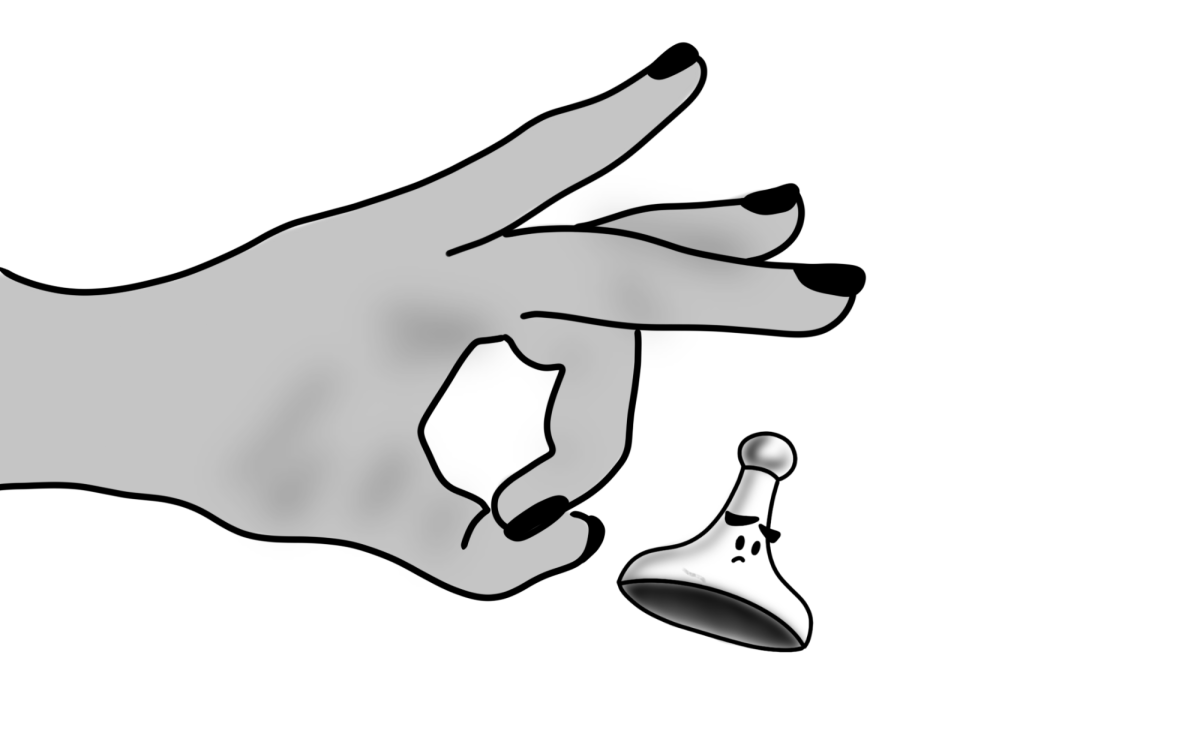In the multi-purpose room, a small group of students practice kicks and break-aways in “Women’s Self Defense,” a class designed to teach girls how to protect themselves in the dangerous world in which we live.
In room 120, teachers Lisa Kemp and Stephanie Haver Castex walk students through recipes for pesto pasta, zesty tomato sauce, and the delicious Italian dessert, panna cotta.
In room 183, Economics teacher Ann Tepovich breaks down the meaning and importance of a credit score and how to finance a car, as well as other relevant tips regarding finance and economics in “Money Matters.”
On Wednesday, Oct. 14, as the majority of the junior class and a handful of sophomores took the PSAT, seniors and the few juniors that opted out of the free exam spent the morning in teacher-led workshops. Prior to the day of the PSAT, also known as its faculty-given nickname, “Wild Card Day,” seniors had the option of enrolling in three of approximately 30 courses that each lasted 70 minutes.

These courses all taught valuable lessons that prepared students for the real world, however, they strayed from what has become valued in traditional education. This is because some students might not see how having learned to repair a mountain bike or how Bob Dylan influenced the ‘60s and ‘70s will help you succeed on the ACT.
In my opinion, learning the practice of mindfulness, a course that was taught by teacher Britt Block in room 306, would prepare me for life after high school much more than being aware of what the cotangent of a 210° degree angle would. No offense to my Pre-Calculus teacher, but I would rather know how to eliminate the constant stress that teenagers combat than know that the answer is √3.
Our time in high school is meant to be spent preparing for our future. However, over the years, it seems as if our time spent in high school has now become time spent solely preparing to get into a respectable university.
Educators at Redwood often fail to acknowledge the fact that not every student who graduates from high school has plans to continue onto higher education, and the courses that are offered in this district tend to reflect this neglection.
Courses similar to the ones that were made available on “Wild Card Day” should be offered to students year-round. Teenagers should leave high school knowing how to survive in the world, not just how to get a diploma from a four-year university. Until that happens, teenagers should seek out and pursue any opportunities to prepare themselves for the real world that they are presented with.
But here’s what scares me. It appeared that less than half of the senior class attended school on the day these courses were offered.
As expected, students did not receive evaluations or grades for their work and participation on Wild Card Day, and to many this translated into “optional attendance.” This indicates that the only thing motivating the majority of Redwood students to come to school on any given day is the fact that they are going to be given a grade for the work they complete when they are present.
These absences show the damage that our system of education and student evaluation has inflicted on the youth’s innate desire to learn. A study performed by the UC Berkeley’s Psychology department in 2011 showed that students learn and retain information much more efficiently when they want and choose to learn, rather than when they are forced to. However, it now appears that students have lost that desire to learn.
A day that offers opportunities to be given skills that will relate to life beyond a diploma should not be treated as an opportunity to skip school.
We could be looking at a vicious cycle that lurks below the surface. Schools don’t offer Wild Card-like courses and students choose not to attend them when they do, further inclining schools to not offer them.
To solve this problem, schools need to understand that students are leaving their places of education without knowing how to be responsible and capable adults, and students need to understand that they should want to be responsible and capable adults.






